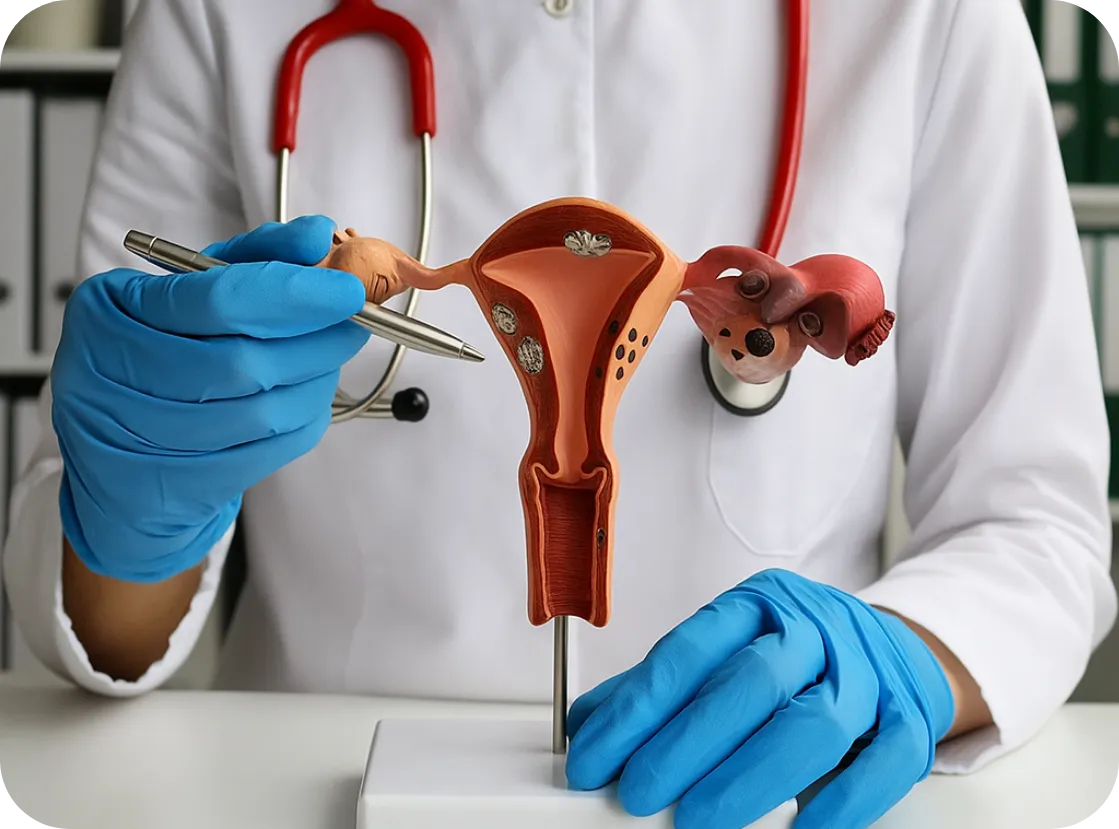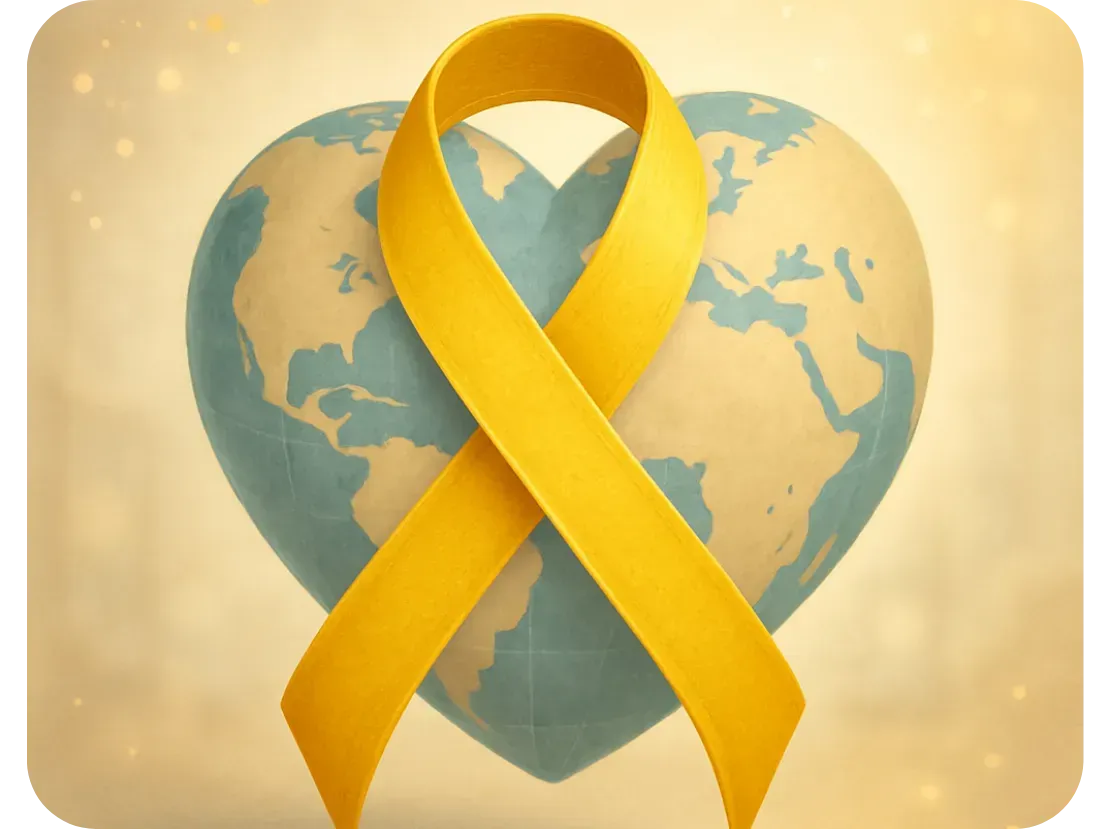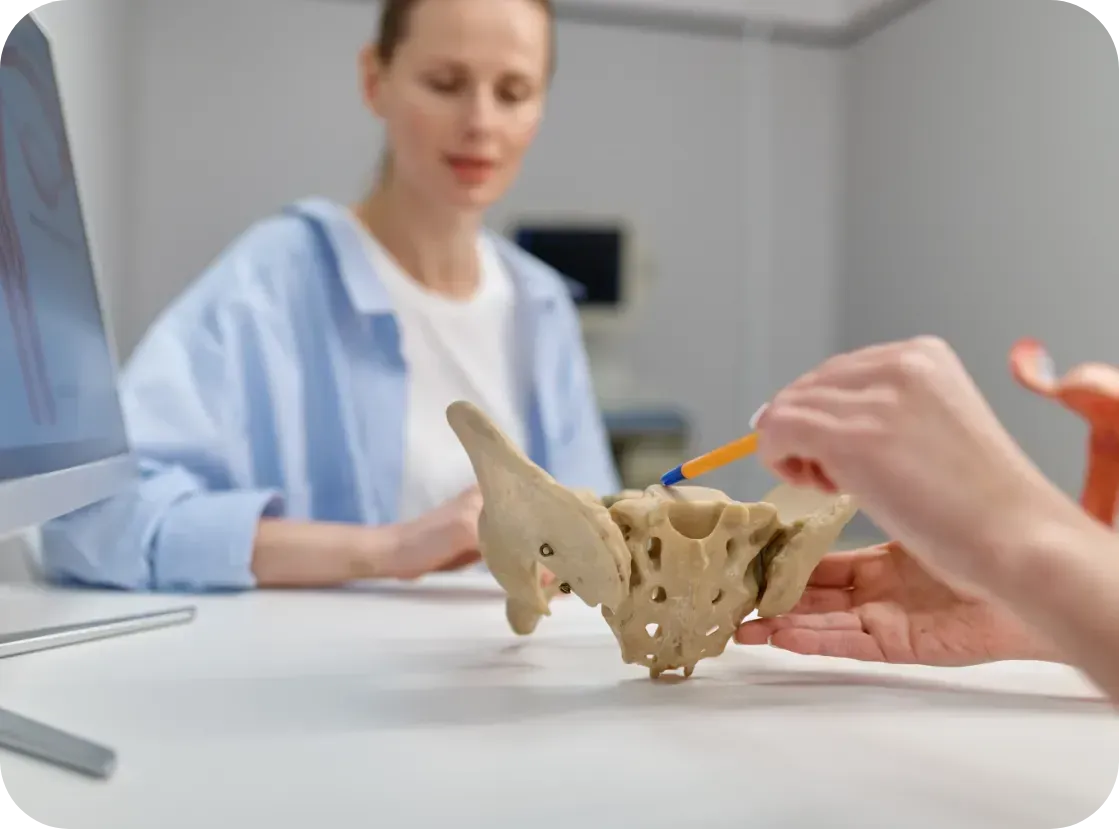Game Changer: World-First Endometriosis Research Institute Launched at UNSW, Fueled by Landmark Donation
By Our Daughters Foundation
Game Changer: World-First Endometriosis Research Institute Launched at UNSW, Fueled by Landmark Donation
By Our Daughters Foundation
This is truly a groundbreaking moment for the millions of individuals worldwide battling endometriosis. A landmark philanthropic donation of an incredible $50 million has been made to UNSW Sydney by the Ainsworth family, establishing the Ainsworth Endometriosis Research Institute (AERI). This monumental contribution, the largest of its kind globally for endometriosis research, is set to position Australia at the forefront of women's health innovation and offers unprecedented hope to the endometriosis community.
The purpose of this historic donation is clear: to accelerate breakthroughs in the diagnosis and treatment of endometriosis, ultimately striving for a cure. AERI's vision is to foster global collaboration, bringing together leading researchers, clinicians, and crucially, patients, to build a deep understanding of endometriosis biology and its pathogenesis. This comprehensive approach is designed to lead directly to improved detection, more effective management strategies, and precision-based treatments that can truly transform lives.

The potential impact on patient care and quality of life is immense. For too long, endometriosis has been misunderstood, misdiagnosed, and often inadequately treated. An institute dedicated solely to rigorous, collaborative research holds the promise of unraveling the complexities of this debilitating condition, leading to real, tangible improvements for those who suffer daily.
At Our Daughters Foundation, this news is incredibly vital to our mission. We are dedicated to funding cutting-edge research, expanding access to compassionate care, and advocating for better solutions for complex hormone-related illnesses like endometriosis. This establishment of AERI perfectly aligns with our commitment to finding answers and ensuring dignity in care for every woman and girl. It's a powerful testament to what focused investment and collaborative spirit can achieve in the fight against these often-neglected conditions.

Join us in celebrating this incredible milestone! Share this news with your networks, and consider supporting ongoing endometriosis research. Your contribution can help fuel more breakthroughs like this. Explore more about endometriosis and how you can help on our website.
Source Citation:
UNSW Newsroom: "Landmark donation powers world-first endometriosis research institute at UNSW"

This is truly a groundbreaking moment for the millions of individuals worldwide battling endometriosis. A landmark philanthropic donation of an incredible $50 million has been made to UNSW Sydney by the Ainsworth family, establishing the Ainsworth Endometriosis Research Institute (AERI). This monumental contribution, the largest of its kind globally for endometriosis research, is set to position Australia at the forefront of women's health innovation and offers unprecedented hope to the endometriosis community.
The purpose of this historic donation is clear: to accelerate breakthroughs in the diagnosis and treatment of endometriosis, ultimately striving for a cure. AERI's vision is to foster global collaboration, bringing together leading researchers, clinicians, and crucially, patients, to build a deep understanding of endometriosis biology and its pathogenesis. This comprehensive approach is designed to lead directly to improved detection, more effective management strategies, and precision-based treatments that can truly transform lives.
The potential impact on patient care and quality of life is immense. For too long, endometriosis has been misunderstood, misdiagnosed, and often inadequately treated. An institute dedicated solely to rigorous, collaborative research holds the promise of unraveling the complexities of this debilitating condition, leading to real, tangible improvements for those who suffer daily.
At Our Daughters Foundation, this news is incredibly vital to our mission. We are dedicated to funding cutting-edge research, expanding access to compassionate care, and advocating for better solutions for complex hormone-related illnesses like endometriosis. This establishment of AERI perfectly aligns with our commitment to finding answers and ensuring dignity in care for every woman and girl. It's a powerful testament to what focused investment and collaborative spirit can achieve in the fight against these often-neglected conditions.

Join us in celebrating this incredible milestone! Share this news with your networks, and consider supporting ongoing endometriosis research. Your contribution can help fuel more breakthroughs like this. Explore more about endometriosis and how you can help on our website.
Source Citation:
UNSW Newsroom: "Landmark donation powers world-first endometriosis research institute at UNSW"
Join Us: Make a Difference Today
Your support can transform lives. Every donation helps us fund research, advocate for better care, and provide essential grants to women facing debilitating conditions.
Join Us: Make a Difference Today
Your support can transform lives. Every donation helps us fund research, advocate for better care, and provide essential grants to women facing debilitating conditions.

Breaking the Silence: Why Endometriosis Took So Long to Be Taken Seriously and What’s Finally Changing
What Is Endometriosis—and Why Has It Been Ignored for So Long

Endometriosis is a chronic, often painful condition where tissue similar to the lining of the uterus grows outside the uterus—on the ovaries, fallopian tubes, pelvic lining, and sometimes even beyond. This tissue responds to hormonal changes, leading to inflammation, scarring, and severe pain.
Despite affecting roughly 1 in 10 women of reproductive age worldwide, endometriosis has historically been misunderstood, underdiagnosed, and mistreated.
World Health Organization Fact Sheet on Endometriosis:
https://www.who.int/news-room/fact-sheets/detail/endometriosis
The Average Time to Diagnosis? Still Over 7 Years.
That’s not a typo. On average, it takes 7 to 10 years from the first symptoms to a correct diagnosis. Why?
• Symptoms are often normalized: Severe period pain? “Just part of being a woman.”
• Lack of non-invasive testing: Diagnosis has long relied on laparoscopic surgery.
• Medical gaps: Many healthcare providers, including OB-GYN’s, receive limited training in gynecologic pain conditions.
NIH: Delays in Endometriosis Diagnosis: https://pubmed.ncbi.nlm.nih.gov/32147966/
What Are the Symptoms of Endometriosis?

Every woman’s experience is different, but some of the most common symptoms include:
• Intense pelvic or abdominal pain
• Pain during or after sex
• Heavy or irregular periods
• Chronic fatigue
• Gastrointestinal issues like bloating, nausea, or constipation
• Infertility or difficulty conceiving
What’s Finally Changing? Promising Breakthroughs (2024–2025)

Diagnostic Tools
• MicroRNA panels and blood-based biomarkers are showing promise as non-invasive ways to detect endometriosis earlier.
• Advanced imaging like high-resolution MRI and ultrasound with specialized protocols are helping detect lesions more reliably.
Endometriosis Foundation - Emerging Research: https://www.endofound.org/news-research
PubMed - Biomarkers in Endometriosis: https://pubmed.ncbi.nlm.nih.gov/30807918/
AI & Machine Learning
Artificial intelligence is being trained to analyze symptom patterns, scan images, and even detect potential markers in menstrual blood—offering hope for faster, more accurate screening in the near future.
More Funding and Advocacy
• Governments and nonprofits are increasing research grants.
• Social media and support groups are amplifying women’s voices and experiences.
• Healthcare providers are receiving more training in pelvic pain and minimally invasive surgical options like excision surgery.
What This Means for You (or Someone You Love)
Faster, less invasive diagnosis is on the horizon.
Women are being believed and supported more than ever.
With better understanding comes more targeted treatment options, like hormonal therapies, dietary approaches, pelvic floor therapy, and expert excision surgery.
What You Can Do Right Now
1. Track your symptoms: Keep a daily journal of pain, mood, fatigue, and cycle details.
2. Advocate for yourself: Ask your doctor about excision surgery vs. ablation. A specialist is necessary for proper endometriosis care. Unfortunately, your typical OB-GYN is not an endometriosis or excision specialist.
3. Get support: You're not alone. Online communities and advocacy organizations offer connection and practical help.
Nancy’s Nook Endometriosis Education Group: https://www.facebook.com/groups/NancysNookEndoEd
Center for Endometriosis Care: https://www.centerforendo.com/
Why This Matters
Endometriosis is a whole-body disease that can affect a woman’s physical, emotional, and reproductive health. We are just starting to make some noise & bring attention to this disease and other hormonal diseases related to it.
“The future of women’s health is shifting—but only if we keep raising our voices.”
